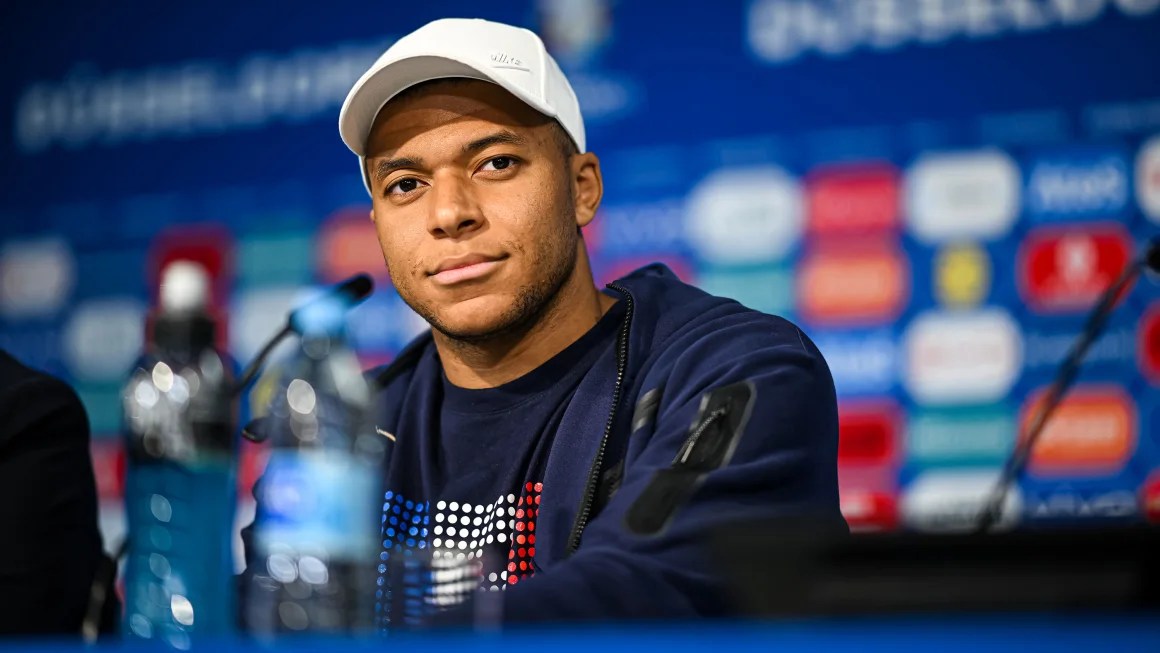French Political Crisis: Macron's Call for Early Elections Amid Far-right Threats
In an unexpected move, French President Emmanuel Macron dissolved the French Parliament and announced early parliamentary elections, set for June 30 and July 7. This decision comes in the wake of a significant defeat in the European Union elections at the hands of Marine Le Pen’s far-right National Rally (RN) party, creating a whirlwind of political uncertainty and causing financial markets to roil.
The rise of the far right has become a pivotal issue not just in France but across Europe. With the increased support from younger voters, the far-right parties have gained substantial ground, sparking widespread debate. According to electoral results, young people in the EU’s five most populous countries—Germany, France, Italy, Spain, and Poland—voted in higher proportions for far-right parties in the recent elections compared to 2019. In France, for instance, the percentage of citizens aged 18-25 who voted for Le Pen jumped from 12% in 2019 to 29% now.
Amid these developments, Kylian Mbappé, the popular French football star, has vocalized his concerns regarding the country's political climate. Ahead of France's Euro 2024 opening match against Austria, Mbappé emphasized the urgency for French citizens, especially the youth, to vote and resist the extremist factions. Echoing sentiments of diversity, tolerance, and respect, Mbappé said, 'We are a generation that can make a difference. We cannot be disconnected from what is happening in our own country.'
The French Football Federation (FFF) urged that the national team remain neutral politically while supporting players' rights to free expression and democratic engagement. Marcus Thuram, another team member, has also expressed his stand against the far-right, urging the French populace to 'fight daily' against the RN's ascent. Mbappé reaffirmed this positioning by stressing the importance of defending core values and making one's voice heard through voting.
The widespread support for the far right among young Europeans can be partially attributed to their strategic utilization of social media platforms like TikTok. Far-right leaders, such as RN’s Jordan Bardella and AfD's Maximilian Krah, have garnered millions of followers and substantial viewership, often using incendiary rhetoric aimed at appealing to young men. Experts believe this phenomenon stems from a mix of dissatisfaction with current governments and the persuasive impact of extremist speeches on social media.
Despite the surge in far-right support, leftist groups have shown resilience, particularly in southern Europe. In countries like Spain and Italy, left-wing parties continue to hold significant sway among younger voters, even as ultra-right factions gain momentum. Analysts emphasize the need for public policies that can improve the perception of democracy and address socio-economic issues, thereby mitigating the allure of authoritarian ideals.
- Marine Le Pen’s National Rally succeeded in winning a third of the vote in the European elections. This result has prompted President Macron to preemptively organize legislative elections in hopes of countering the far-right’s momentum.
- The FFF's stance on ensuring the political neutrality of the national team while supporting civic engagement reflects the nuanced role sports figures play in contemporary political discourse.
- The trend of young Europeans gravitating towards far-right ideologies is complex, influenced by economic discontent and the impactful use of social networks by right-wing factions. Still, countries like Spain and Italy exhibit strong leftist support among the youth, underscoring regional variations in political dynamics.






